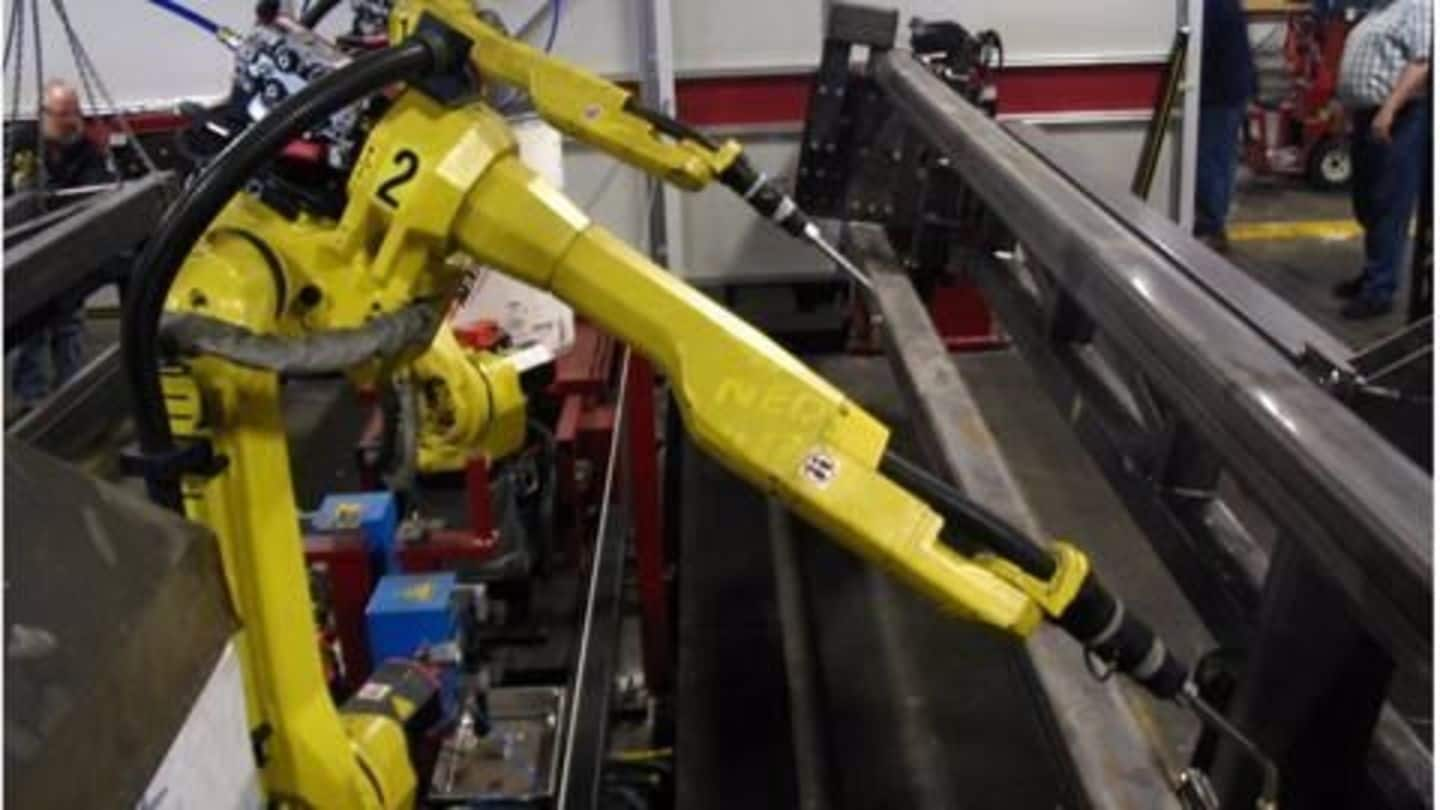
Human-robot marriage to be legal by 2050, says experts
What's the story
At the "Love and Sex with Robots" conference held this week at Goldsmith University, London, AI expert David Levy predicted that human-robot marriages would become legal by 2050.
Levy's prediction was backed by Adrian Cheok, director of Mixed Reality Lab in Singapore and a computing professor at City University London.
Cheok further predicted that humans would be living with robot partners long before 2050.
Quote
Human-robot marriage is not outrageous
"That might seem outrageous because it's only 35 years away. But 35 years ago people thought homosexual marriage was outrageous. Until the 1970s, some states didn't allow white and black people to marry each other. Society does progress and change very rapidly," said Cheok.
Societal effect
Experts believe that human-robot marriages will have a positive effect
While Adrian Cheok conceded that sex robots would fulfill sexist male sexual fantasies, he also said that human-robot marriages could have a overwhelmingly positive effect on society.
Cheok explained that, unlike in movies, not all humans can get married, have sex and fall in love.
Citing unhappy human marriages, he said that a human-robot marriage would be better than being in a bad marriage.
Challenges
The challenges of making better sex robots
While there are a variety of sex robots available in today's market, there are none that resemble or even closely imitate a human sexual partner.
The biggest challenge in making a humanoid sex robot lies not in the machinery but in the software.
For a sex robot to remotely resemble a human sexual partner, the robot must have a nuanced understanding of human conversation.
Quote
Empathy for robots is not unimaginable
"We already have very high empathy for non-human creatures. That's why I think once we have robots that act human, act emotional, or look human, it's going to be a small jump for us to feel empathy towards robots," Cheok said.
Criticism
Not everyone is convinced about the future of human-robot relationships
Despite the optimism showed by Cheok and Levy, other experts are less convinced.
For instance, Oliver Bendel at the University of Applied Sciences and Arts in Switzerland believes that sex or love robots will not have a moral standing.
While he agrees that human-robot marriage could become legal by 2050, he says that legislation could also go the other way and ban such interactions.